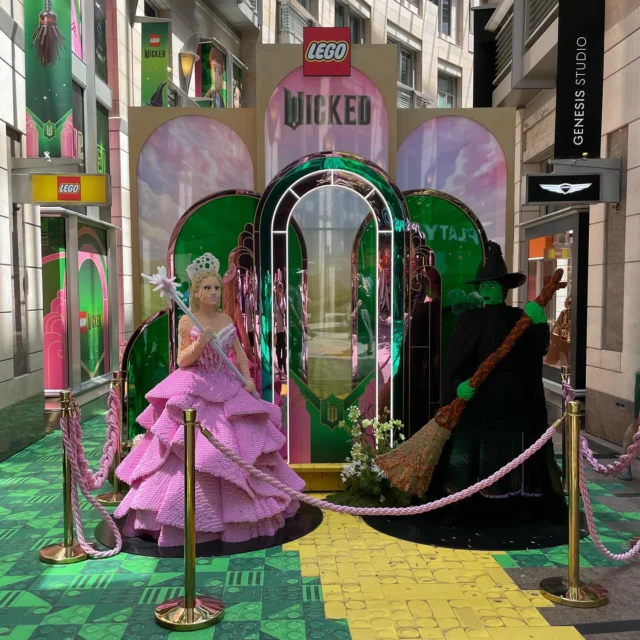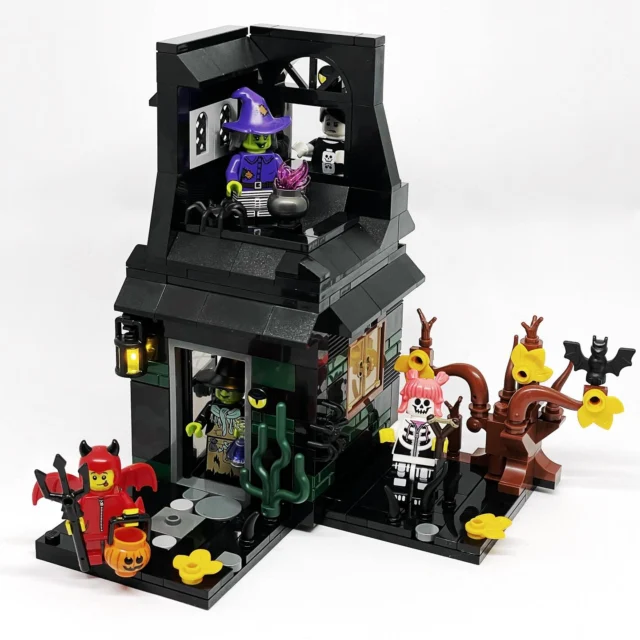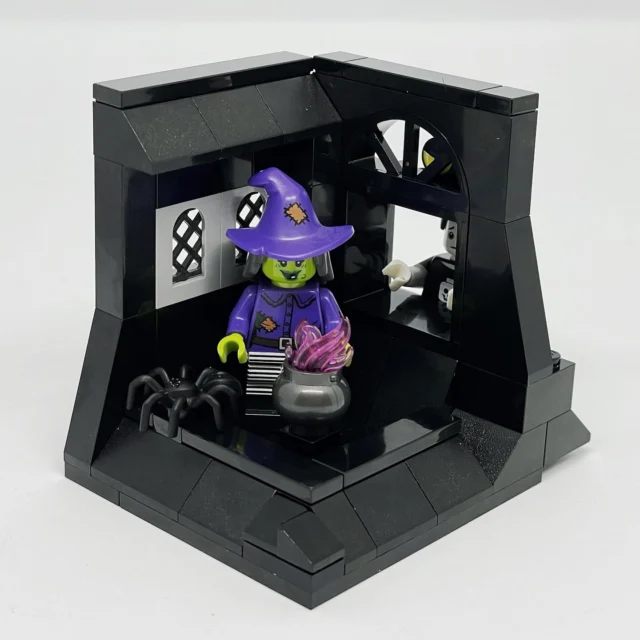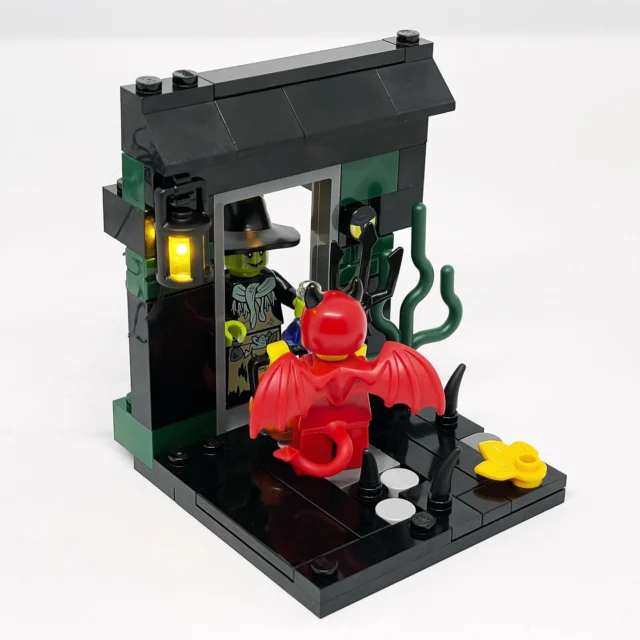AUCTION AUCTION AUCTION!
Very few houses in the current market where we live are just for sale (private treaty), most are set for auction. I don’t know why this is a trend, but I hate it!
We have been attending open houses for about a month and have attended three auctions in the last two weeks. There was an interesting range of outcomes at these auctions; the first passed in [ref]wasn’t sold, went to sale for private treaty[/ref] without any bids, the second was sold although not without some fussing, and the third was passed in because it didn’t reach the reserve.
The auctioneer at the second auction stated in his (rather long) introduction that he thinks auctions are the best and most transparent way for people to buy and sell real estate. In my (admittedly limited) experience of auctions this is a farce. Auctions might be transparent in that you can see how many others are bidding and for how much, but that is the only benefit that I can see; it doesn’t stop agents trying to guilt and pressure you with personal comments — your son is going to love that back yard when he’s older
— to bid higher. And seeing all the bidders is certainly where the transparency ends: the agents seem to consistently understate their expectations of the price prior to auction and they don’t tell you at auction what the vendor’s reserve is. Neither of the latter auctions we attended reached the reserve when bidding stopped despite the auctions’ bids spanning $90-100,000.
The second auction saw 18 bids of $5000 increments until the bidding stopped, at which point one of the agents was trying to talk the top bidder into going higher (without disclosing the reserve price). Kudos to him, he didn’t budge — why would you throw more money at an auction you are currently winning?! It turned out that the reserve was $10,000 higher. When this was finally revealed the opening bidder (who had stayed out of the whole auction after the opening bid) threw in another $40,000 and won (this in itself was really weird, I hope he didn’t get over-excited and blow his budget!).
For a while this auction was interesting and exciting. It was fun to watch the bidders fight it out, and they seemed quite calm and stuck to their guns when they reached their limit. I witnessed the truth of auctions being high-pressure situations: even my heart was beating fast and I wasn’t registered to bid! However, the fuss over the reserve and the complete lack of transparency where that was concerned was just infuriating. I can’t agree more with Terry Ryder when he says,
Auctions harm sellers, often creating stress and a poor financial result. Auctions also cheat buyers because agents commonly use false price quotes and dummy bidders to mislead them. The only reason we have auctions at all is because agencies and newspapers benefit so much from them…
I cannot think of a greater consumer travesty than crunching families on the biggest deal of their lives under the pressure-cooker of an auction, where trickery, deception and secret agendas are the modus operandi of many agents.
At the third auction we attended the auctioneer stated in his introduction that the market determines the value and you [the buyers] are the market
. Well, that was just a blatant lie. The opening bid at the auction was not accepted and they asked for an opening bid $100,000 higher (which was probably fair since the opening bid wasn’t really near the advertised price), the auction then progressed to $100,000 over the opening bid before it stopped. This happened to be bang on the advertised price, but the house didn’t sell and after much dallying (which the auctioneer said he wouldn’t do, but did) the house was passed in. Even this was down-played, as though the top bidder had just won himself the opportunity to negotiate with the owner, rather than winning a house… Woohoo!
Kudos to the vendors in all cases for not submitting to a price they weren’t happy with; I have no idea what kind of pressuring the agents might have been doing to get the properties to sell by auction. I also have no idea what price the agents were telling the vendors they could expect and how that compared to what they were telling the interested buyers. According to Terry Ryder it’s common for properties to be advertised at a lower price to draw more buyers in, but it just ends up drawing in the wrong section of the market, resulting in the poor financial result referred to above.
All of these auctions felt like a carnival side-show with the auctioneer calling, “Roll up, roll up!” and the agent walking around hustling the buyers.
Certainly some of the deceptions that might be used in auctions can be used in other situations as well, but let’s take the additional pressure out of one of the most expensive transactions of our lives (as if buying and selling homes isn’t pressure enough!) and get rid of auctions!









Leave a Reply